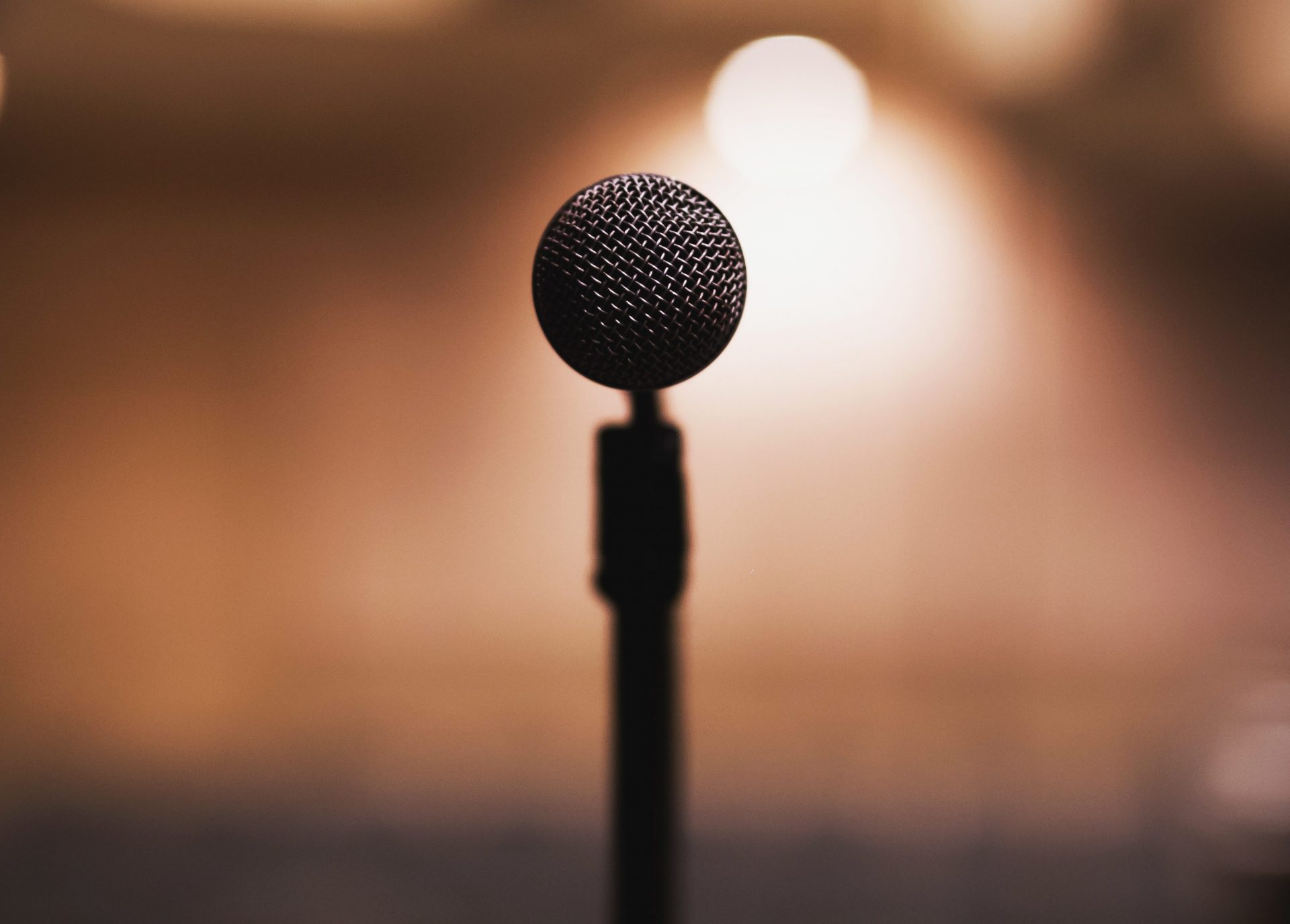Why Public Speakers — Including Politicians — Deserve a Little Grace
I speak in front of people every weekday. Granted, it’s mostly 20-30 teenagers (some would say that’s hard enough), but I do speak in front of people. I’ve also spoken in front of groups of 50, 300, and — in one nerve-wracking moment — several thousand people as a faculty speaker at a graduation.
One of my semi-regular gigs is teaching a Bible study at my church once a month, which I’ve doing for several years now. Not long ago, in my never-ending attempt to draw relevant connections to everything I can, I made a light reference to how the concepts of state and national government related to a specific Old Testament story we were studying.
Afterward, I was, quite literally, ambushed by one study participant in the sanctuary just before the start of services. This person categorically disagreed with my analogy, and proceeded to rattle off the reasons I was wrong, reading them off a piece of scrap paper even as people were filing into pews all around us. The analogy I’d used was a bit off the cuff (I’d thought of it just that morning) and my words were probably a little less than precise. But the man in question seized on them — despite them being a very small part of my study — and came after me for it.
To be fair to this person, he later came up and apologized to me, but it also got me thinking. See, speaking in front of others is not easy, especially when the unexpected happens: an unanticipated question from a listener, or confrontation, or even epiphany. On top of that, things like fatigue (which is pretty much synonymous with many public speakers), stress, or life distractions can compromise a person’s brain, making them more likely to slip up.
It’s hard to really appreciate it unless one has actually gotten in front of people in those situations.
Before I spoke in front of several thousand people at a graduation, someone told me that the most important thing to do when speaking in front of large groups of people was to not screw it up. “As long as you do a decent job,” he said, “people probably won’t remember what you said, but they’ll remember it was pretty good. But if you do badly, they’ll remember that.”
How reassuring, right? But there is a degree of truth to that. When a person botches it in public, the pitchforks can come out almost immediately. This is especially true of public figures in an era of social media: suddenly a gaffe becomes a veritable crucifixion, complete with shaming and calls for a congressional investigation.
Now, before I proceed, let me make sure I’m not being misunderstood. I’m not saying politicians and other public figures shouldn’t be held accountable for their words. They should, especially if 1) those words can cause real harm to people, 2) they are part of a larger, consistent pattern, and 3) the public figure is unapologetic about those harmful words. (Apologies do mean something to me.)
But what I am saying is that a climate where we’re looking for gaffes or gotcha moments in every word and phrase is not always a healthy place to be, especially if that gaffe was, in the context of the rest of that speaker’s words, an obvious mistake.
“That’s part of their job,” you might say. And you’d be right. It is. But name a (non-divine) person who hasn’t said something stupid on the job and there’s a good chance that person you named is really a robot or something. We all fumble our words sometimes — especially when we’re tired or frustrated — and for the rest of us, there aren’t usually cameras aren’t rolling when we do it.
Something else to consider … it’s easy to forget that, often, the media outlets that report these mistakes can benefit financially.
In plain English: when a politician — Democrat, Republican, or otherwise — says something dumb, the media profits off of it. Higher ratings. More clicks. Better advertising revenue. All of it. That’s why it’s always smart to remember just who the messenger is and what that messenger’s agenda is.
That’s also why, in the moments when speakers do say something unintentionally dumb, that people have the chance to do one thing.
Show a little grace.
As in, cut them a little slack.
If a public, in a tired moment, snaps at someone, cut them a little slack.
If a celebrity spouts off about something in a moment of frustration after being chased around by the papparazzi, cut them a little slack.
If, during a debate, a politician makes a cringe-worthy statement, cut them a little slack.
Or, if, during a lunch conversation, a friend speaks in a way that is unclear or imprecise … cut them a little slack.
Because, sometimes, we need it ourselves.







